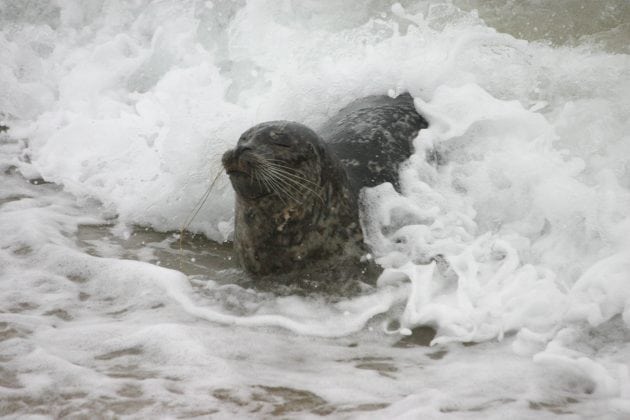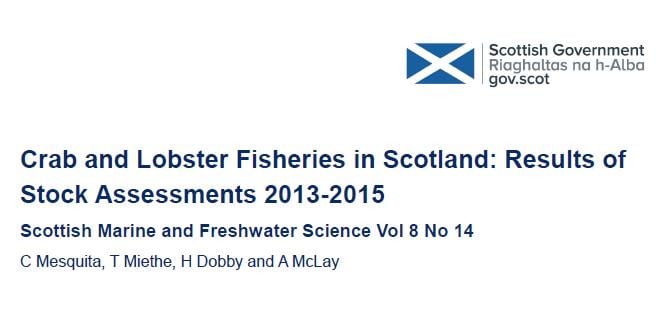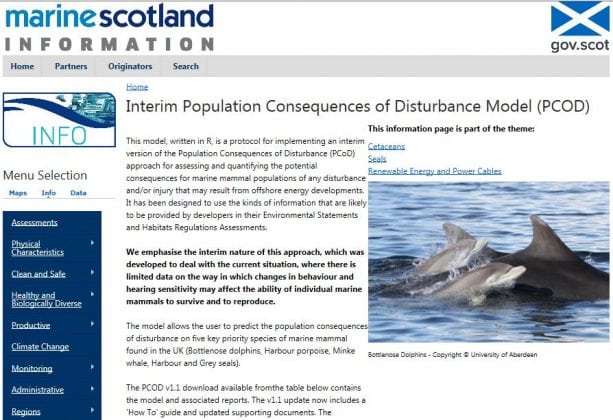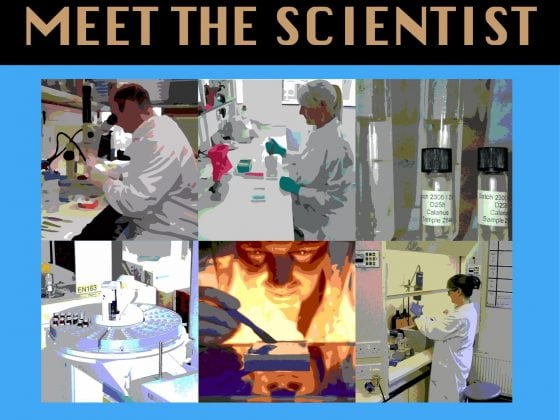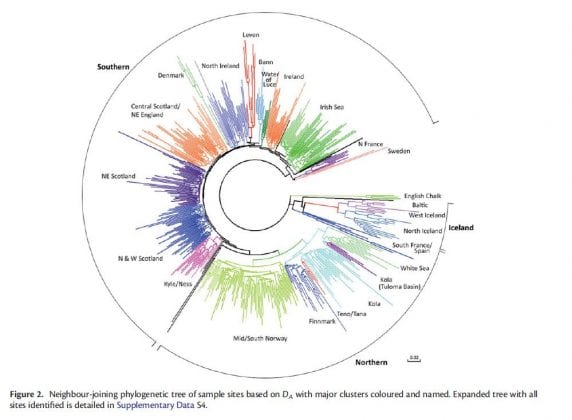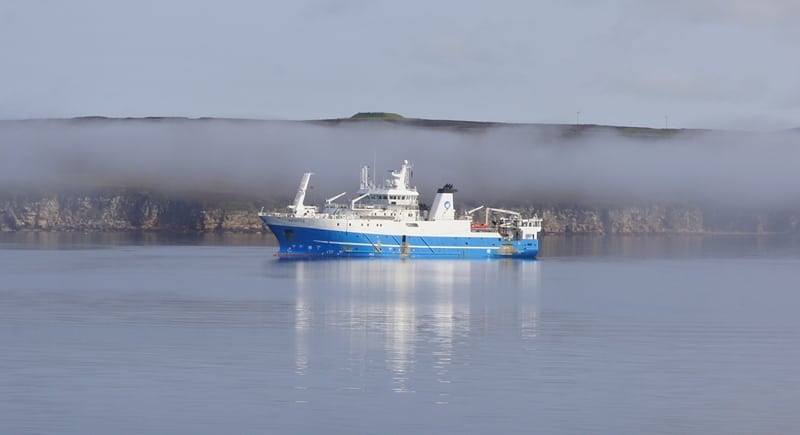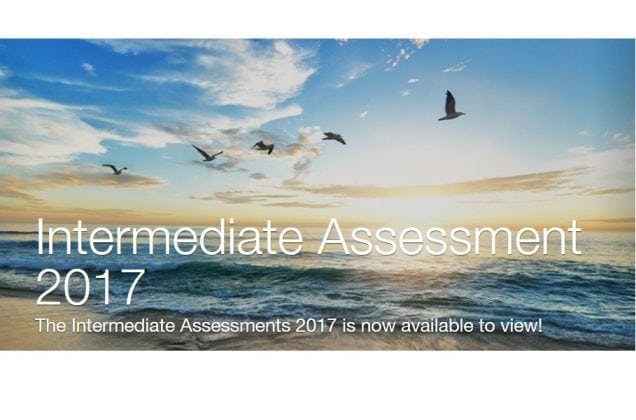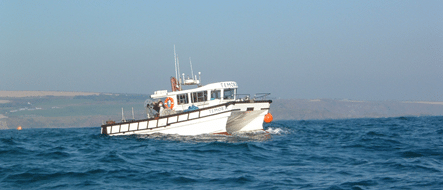Marine
-
Fun activities for the October holidays
19th October 2017 by Marine Scotland Communications
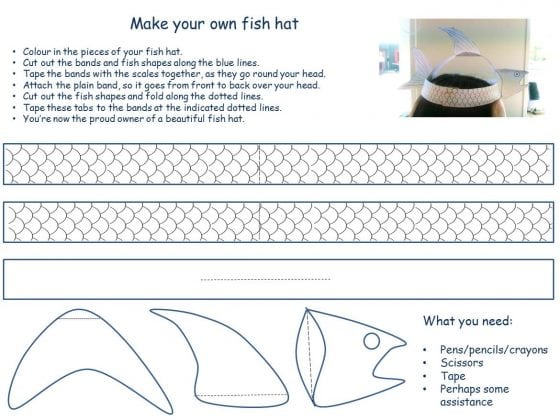
The October holidays have arrived again and if you’re looking for something to keep your little ones – and no-so-little ones – occupied, have you had a look at our Education Zone? We’ve got information about our history and our fleet, as well as colouring in sheets, puzzle sheets and links to lots of other...
-
ECOMMAS makes some more noise
17th October 2017 by Marine Scotland Communications

The East Coast Marine Mammal Acoustics Study (ECOMMAS) is a long-term, on-going study into how underwater noise generated by offshore industry impacts the distribution of dolphins and porpoises in Scottish coastal waters of the North Sea. Acoustic recorders (C-PODs and SM2Ms) are deployed at 30 sites across 10 locations along the east coast, extending from...
-
Crab and Lobster Fisheries in Scotland: Results of Stock Assessments 2013 – 2015
16th October 2017 by Marine Scotland Communications

Today, Marine Scotland published the latest in its Scottish Marine & Freshwater Science series – Crab and Lobster Fisheries in Scotland: Results of Stock Assessments 2013 – 2015. Crabs and lobsters are important species for the Scottish fishing industry. Although the total quantity landed is small relative to finfish landings, crab and lobster attain high...
-
Predicting the impact of underwater noise on marine mammals
13th October 2017 by Marine Scotland Communications

Marine mammals, such as seals and dolphins, are sensitive to underwater noise and other disturbances which can affect their ability to forage or communicate. Our understanding of the effects of these pressures on marine mammal, and of how to assess and quantify potential impacts on populations, is rapidly evolving. One tool that can be used...
-
Model Movements
12th October 2017 by Marine Scotland Communications
This morning, Marine Scotland has published a report on approaches for modelling harbour seal movement. This type of information is important because it may be able to help predict the consequences of environmental change, such as the establishment and operation of marine renewable energy, on the distribution and movement of seal populations. The work, undertaken by the...
-
Meet our scientists – Dr Carey Fraser
10th October 2017 by Marine Scotland Communications

Who are you and what do you do? I am Carey Fraser. I work 30 hours a week and spend half of my week as Science Operations Programme Manager for Marine Scotland Science, and half on secondment as Head of Professional Development for Science in the Scottish Government. Why is what you do important? Science...
-
The genetic stock identification of European Atlantic salmon
29th September 2017 by Marine Scotland Communications

Marine Scotland scientists, including senior author Dr John Gilbey, Eef Cauweiler and Lee Stradmeyer, have been involved in a recent publication in the ICES Journal of Marine Science. The publication, which is the results of a collaboration between researchers from laboratories in 11 countries from across Europe, provides the most comprehensive geographical coverage for an Atlantic salmon data-set for genetic stock...
-
The Scotia went to CTD to see what she could ADCP
25th September 2017 by Marine Scotland Communications

Duration: 6-16 October 2017 Gear Sea-Bird CTDs (Conductivity, Pressure & Depth), ADCP (Acoustic Doppler Current Profiler) instrumentation and AL-200 frame, water filtering equipment, bacteria sampling and experimental equipment, including bacterial culture equipment with CO2 gas enrichment (HWU), mooring equipment and recovery trawl. Objectives Test the CTD in the Buchan Deep off Peterhead Perform hydrographic sampling...
-
IA2017 – Eutrophication is still a problem in some areas
18th September 2017 by Marine Scotland Communications

Eutrophication is the result of excessive enrichment of water with nutrients. This can cause accelerated growth of algae (phytoplankton) and plants. This may result in an undesirable disturbance to the balance of organisms present and ultimately to a decline in the overall water quality. Eutrophication is not always a local problem. Water masses continuously move...
-
Opening the Doors on Coastal Monitoring
12th September 2017 by Marine Scotland Communications

Staff at Marine Scotland are busy preparing for Aberdeenshire Doors Open Day on the 16th September. Located in the courtyard of the Tollbooth Museum by Stonehaven harbour between 10am until 4pm, they will be presenting a display about the renowned Scottish Coastal Observatory site located 5km offshore from Stonehaven. For the last 20 years, environmental factors at sea such...

